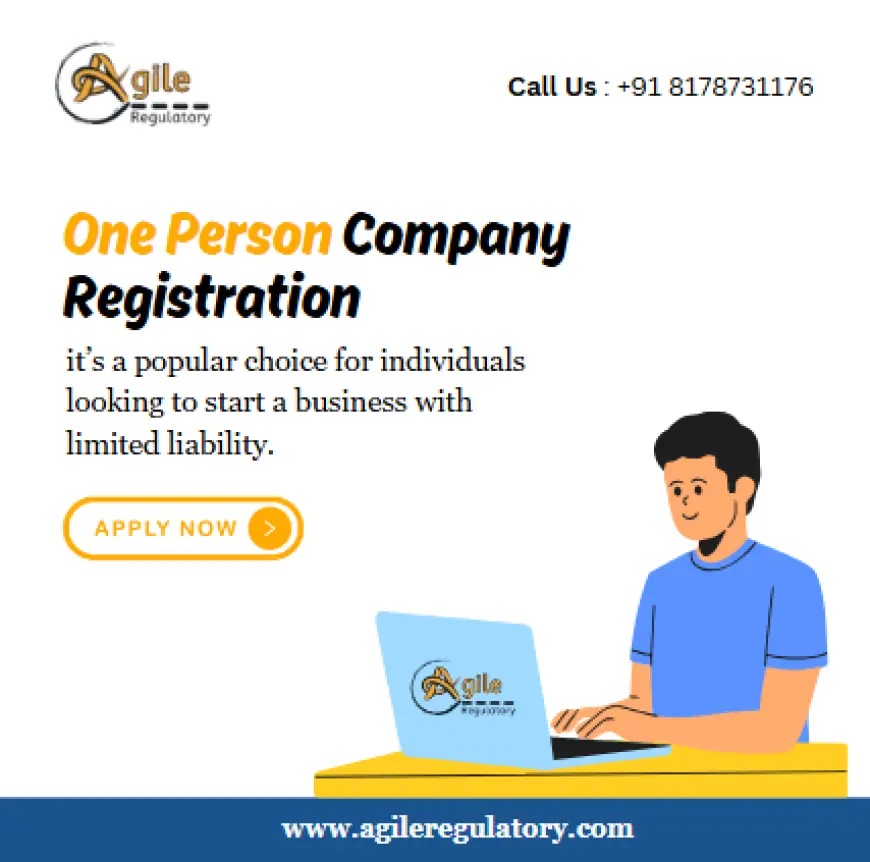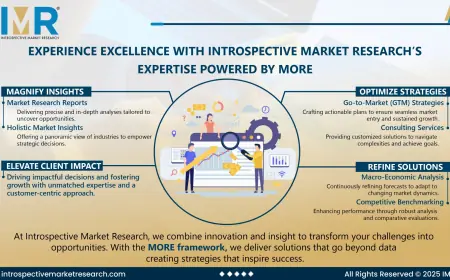From Freelancer to Founder: The First Step to Formalizing Your Solo Business.
Many aspiring entrepreneurs start their journey as freelancers, offering specialized skills and services to a diverse clientele. While freelancing provides unparalleled flexibility and autonomy, there often comes a point where the desire for growth, increased credibility, and legal protection necessitates a significant transition: from freelancer to formal business founder. This critical first step involves structuring your solo venture into a legally recognized entity, and for many, the One Person Company (OPC) emerges as an ideal choice in India.

The shift from an informal sole proprietorship to a formalized structure like an OPC is more than just paperwork; it’s a strategic move that fundamentally changes how your business operates and is perceived. As a freelancer, your personal and professional liabilities are often intertwined. A missed deadline, a client dispute, or an unforeseen error can directly impact your personal assets. By formalizing, you create a distinct legal entity, separating your personal finances from your business operations. This limited liability protection is arguably the most compelling reason for the transition, offering a crucial safety net for your personal wealth.
Beyond protection, formalization significantly boosts your business's credibility and professional image. Imagine pitching to a larger corporate client or seeking an institutional loan. A registered entity like an OPC signals seriousness, stability, and adherence to legal frameworks, instantly setting you apart from informal freelancers. Banks are more inclined to offer business loans to registered companies, and larger clients often prefer to work with entities that have a formal structure, seeing them as more reliable and accountable. This enhanced credibility opens doors to opportunities that were previously out of reach, paving the way for larger projects, better payment terms, and more consistent work.
The process of transitioning to a formal structure like an OPC also brings with it a framework for better financial management and planning. With a dedicated business entity, you'll establish separate bank accounts, clearly track income and expenses, and maintain proper books of accounts. This clarity not only simplifies tax compliance but also provides a clearer picture of your business's financial health, enabling more informed decision-making for future investments, hiring, or expansion. Furthermore, a formal structure can make it easier to attract future investors or even transition to a Private Limited Company as your business scales.
Choosing the right structure, whether an OPC, LLP, or Private Limited Company, depends on your growth aspirations, capital requirements, and number of partners. However, for the solo entrepreneur looking to take that definitive step from a personal service provider to a recognized business leader, formalizing through an entity like an OPC offers a powerful blend of simplicity, protection, and professional legitimacy. It’s an investment in your business’s future, laying a solid foundation for sustainable growth and long-term success.
Agile Regulatory
In this journey from freelancer to founder, the importance of an Agile Regulatory approach cannot be overstated. The legal and compliance landscape in India, particularly for new businesses, is dynamic. Rather than treating formalization as a static one-time event, an agile mindset means continuously monitoring regulatory changes, adapting to new compliance requirements, and proactively updating your business practices. This ensures that your newly formalized solo business remains legally sound, efficient, and ready to seize new opportunities without being bogged down by unforeseen regulatory hurdles.
What's Your Reaction?
 Like
0
Like
0
 Dislike
0
Dislike
0
 Love
0
Love
0
 Funny
0
Funny
0
 Angry
0
Angry
0
 Sad
0
Sad
0
 Wow
0
Wow
0



























































